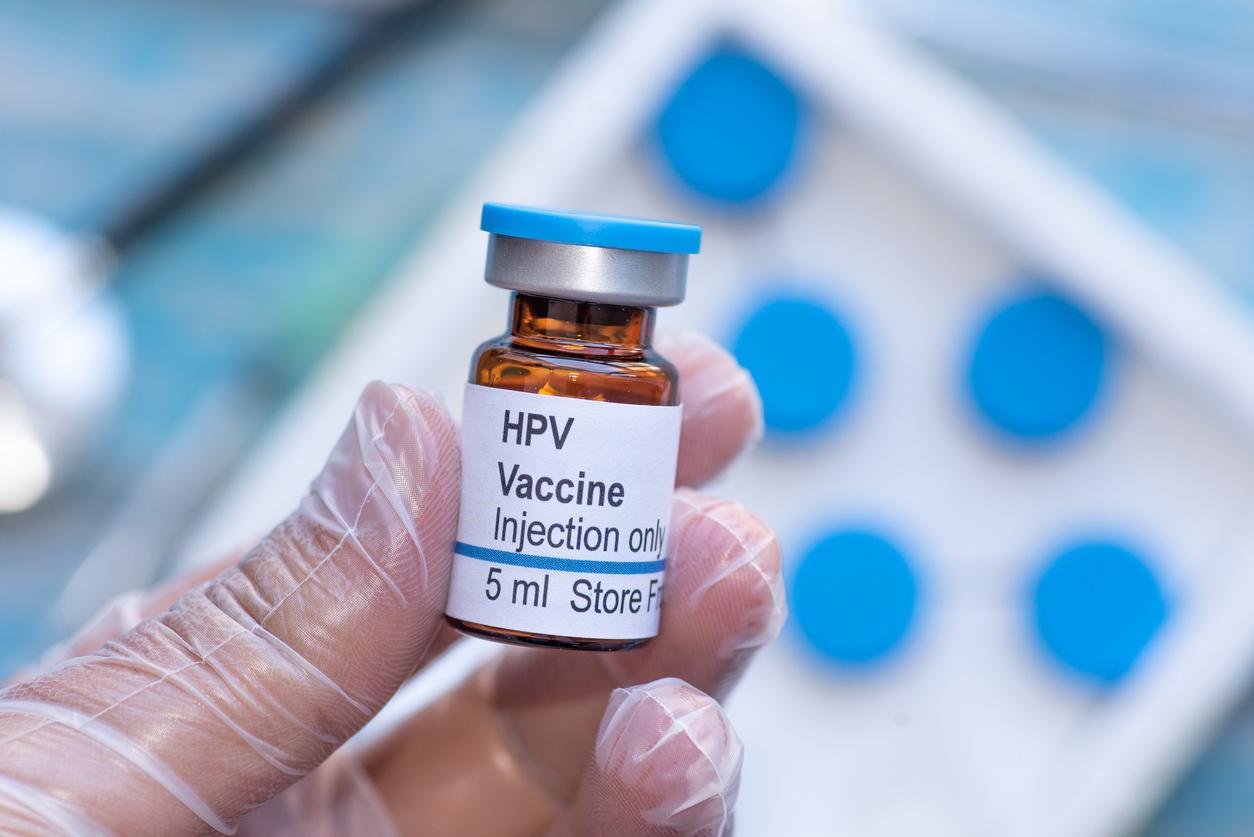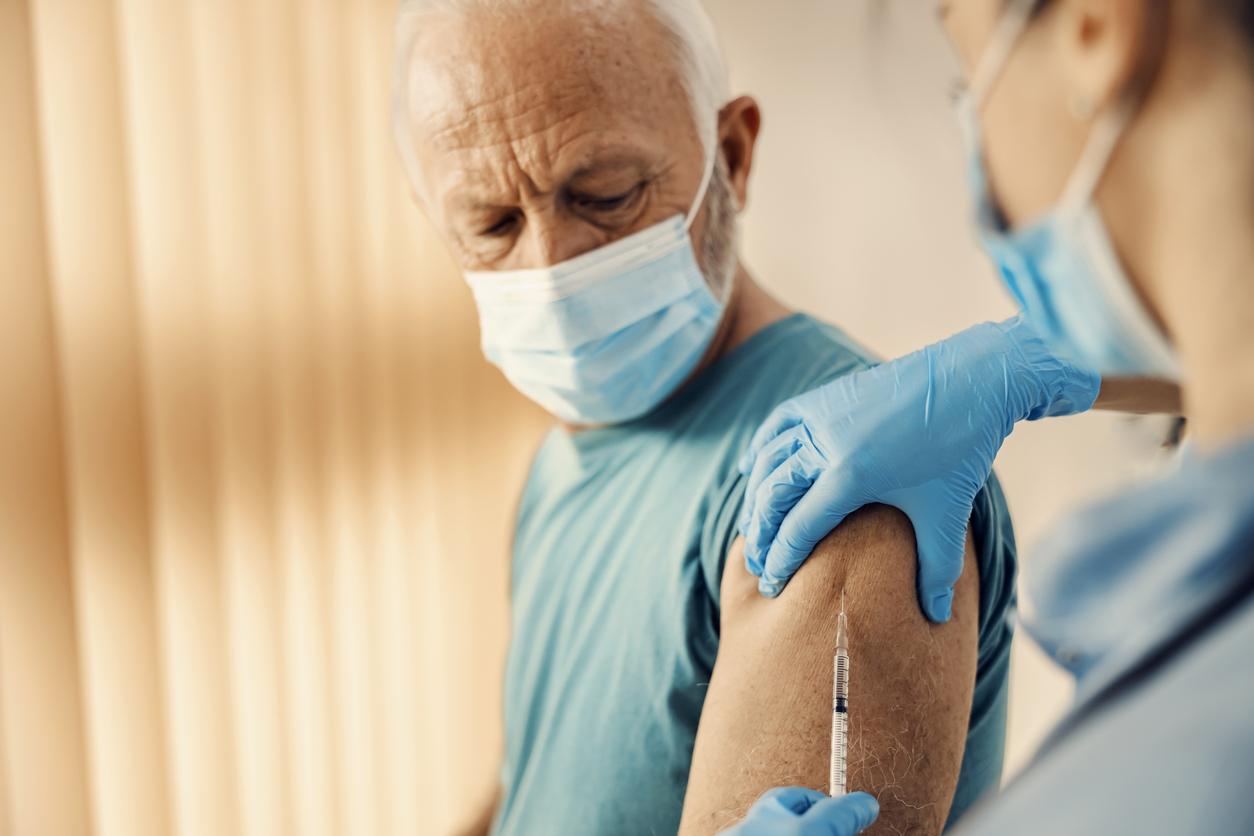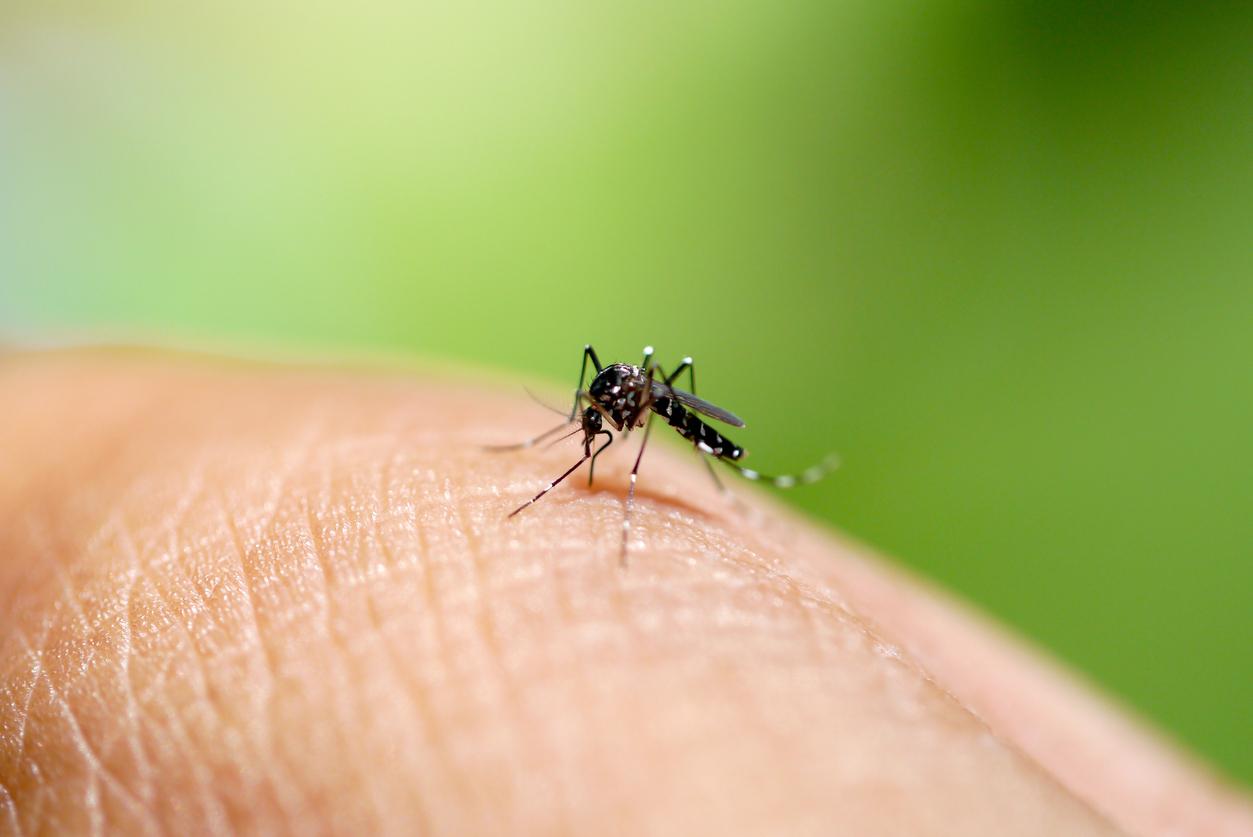Malaria, yellow fever or even diarrhea, the Travel-Related Diseases Committee has just issued its recommendations. Among them, a vaccination against yellow fever every 10 years. WHO believes that a single dose protects all life.

If you plan to go on vacation soon, make sure you are up to date with all your vaccines. Indeed, so that your trip does not turn into a bad memory, it will be necessary to follow the new health recommendations for travelers issued this Tuesday, June 4 by the Committee on travel-related diseases and import diseases (Cmvi) of the High Council of Public Health. The advice for healthy travel is recalled and some new features are on the program.
A new vaccine for meningococcal infections
Among them, we note the appearance of a new vaccination schedule in vaccinations against rabies. But also, an extension of indications in children concerning Japanese encephalitis. On meningococcal infections, the Committee announces the arrival of a new vaccine which will clarify the indications. Finally, the other changes made follow those of the new 2013 reduced vaccination schedule unveiled in mid-April by the Ministry of Health.
On malaria, the Cmvi recalls on the one hand that no preventive means alone ensure total protection. It is therefore appropriate for health professionals to stress to patients the need for simultaneous observance of protection against mosquito bites associated with anti-malaria treatment. And even if in the end nothing changes concerning this disease, the Committee considers that “it would have been necessary to re-discuss the indications for chemoprophylaxis. Because the risk-benefit balance has changed in recent years, with fewer benefits (due to the decrease in prevalence in Asia and Latin America) and identical risks (in terms of adverse effects) ”. And the experts add, “however, the site appeared too important for this year”.
Beware of the “faecal danger”
On the other hand, concerning what the Committee calls “the faecal peril”, that is to say the traveller’s diarrhea, the Cmiv recalls that it frequently affects travelers, its attack rate being able to exceed 50% for a stay of three weeks. It is usually a mild, acute episode that resolves on its own in one to three days, but can sometimes be serious. It is more often linked to the consumption of solid foods than drinks. A medical consultation is therefore systematically recommended in children under 2 years of age and at other ages in moderate or severe forms, febrile or with mucus-bloody stools, or prolonged beyond 48 hours, and in the event of vomiting. incoercible. Regarding prevention, it relies above all on hygiene measures, washing hands before meals and before handling food, and after going to the toilet. Another advice from the Committee, “it is better to consume only bottled water with caps”. And finally, so as not to spend your stay nailed to the toilet bowl in your hotel room, “avoid the food sold in the street, or even cold buffet restaurants”.
Yellow fever vaccines: uncertainty about the number of doses
On the last important aspect of this travel vaccination schedule, we note that vaccination against yellow fever is still considered essential for a stay in an endemic zone (intertropical regions of Africa and South America). Recommended from the age of 9 months for children traveling to a country at risk, the injection should be done at least 10 days before departure for the primary vaccination and its duration of protection is 10 years. And on this last point precisely, the French recommendations do not follow those issued recently by World Health Organization. According to WHO, the yellow fever vaccination booster administered ten years after the primary vaccination is not necessary. In other words, “a single dose of vaccine is sufficient to confer lifelong immunity against yellow fever”. Difficult to see clearly …
.















